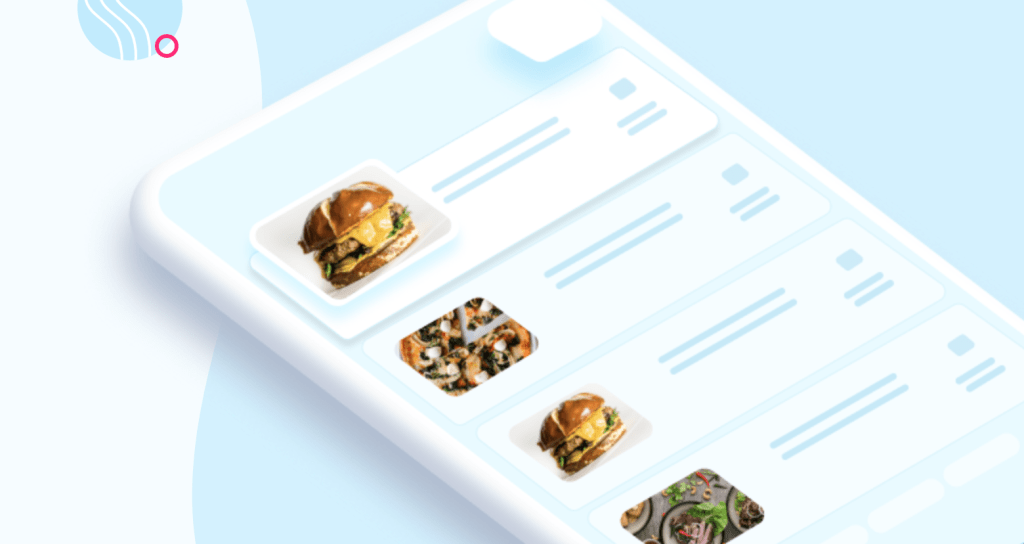Here in Washington state, we’ve already seen restaurants pivot to new business models to deal with the fall out of COVID-19. And now, some select Starbucks have started to remove tables and chairs for customers and transition to a take-and-go format.
You can see what this looks like at the Starbucks in my own small town of Edmonds on the outskirts of Seattle:
In addition to removing the tables and chairs (or, more accurately, pushing them all into a corner), this Starbucks location has also removed the creamer station and workers are offering to add these to customer orders. Napkins have also been removed.
While Starbucks CEO Kevin Johnson had hinted earlier this week they might move towards pick-up only formats, this is the first time that I’ve seen or heard of it in action.
As I wrote yesterday, traffic to restaurants in Washington and other states has tanked by up to 50%. Judging by the relatively crowd in this normally crowded Starbucks, the dropoff has been similar.
Update: A few hours after this post, Starbucks announced that it was going to a nationwide “to-go” model for at least two weeks.




























